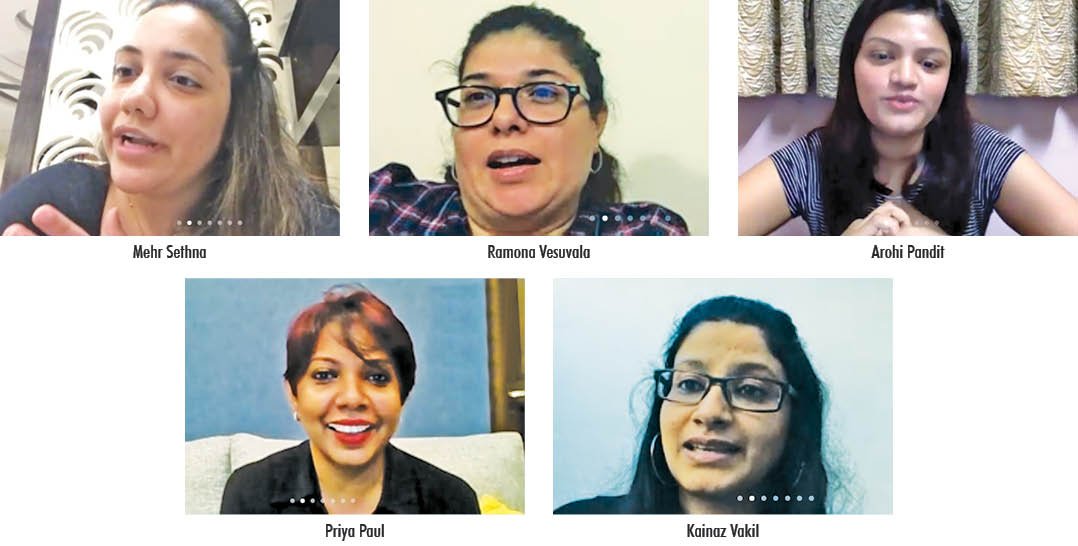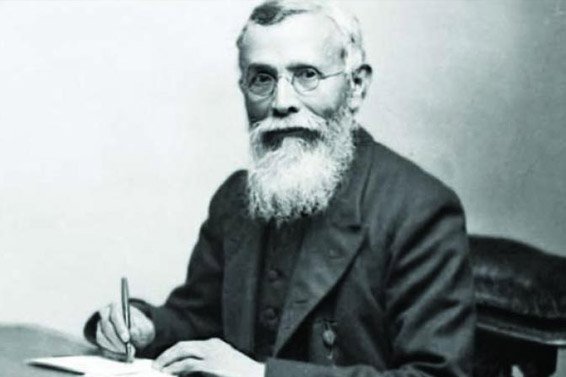Jiyo Parsi’s baby boom: 207 born in five years, 12 more on the way
After four failed attempts of intrauterine insemination (IUI) and two failed cycles of invitro fertilisation (IVF), 47-year-old Mumbai resident Parul Turel was doubtful if she would ever become a mother.

Though determined to face physical pain, the financial drain due to the fertility treatment had started to hit her. But in November 2017, at the age of 45, Ms. Turel finally gave birth to twins. Her sons, Zephan and Zane, are among the 207 children born under the Central government-funded Jiyo Parsi scheme in a five-year span. With a dozen more babies on their way, the scheme, meant to arrest the rapidly declining Parsi population, is being touted as a success.
“Without the financial support, I could not have had my children,” says Ms. Turel, a teacher who lives in Parsi Colony at Dadar with her husband Aspi (49). “The children have changed our outlook towards life,” she said. Marriage at the age of 38 and a thyroid disorder had made it impossible for her to conceive naturally.
The Jiyo Parsi scheme provides up to ₹8 lakh for fertility treatment, delivery and postnatal care, and covers full costs for couples with an annual income of less than ₹15 lakh. The scheme covers 75% and 50% expenses for couples with an annual income of ₹15-25 lakh and over ₹25 lakh respectively.
The first set of twins under the scheme were born in October 2014. Till date, nearly 170 couples from Mumbai, Pune, Navsari, Surat, Nagpur and Bengaluru have benefited from the scheme. “Jiyo Parsi has been a success. All these couples, who would otherwise not have had a chance to become parents, have benefited from it,” said Shernaz Cama, director of Parzor, a project to preserve Parsi Zoroastrian heritage that implements Jiyo Parsi on behalf of the Ministry of Minority Affairs. “We have added more than 200 babies, which is a significant increase in the baseline population,” she said.
The 2011 census pegged the Parsi population at 57,265. Community members estimate that the numbers may have slipped to 50,000 by now. Nearly 30% of Parsis are above 65 years and an estimated 30% never marry. The first phase of Jiyo Parsi, which received a funding of ₹10 crore from the Centre, focussed on fertility treatment with a health component.
The second phase, which began in 2018 with a funding of ₹12 crore, targets advocacy, matrimony and changing mindsets. Jiyo Parsi has time and again attracted criticism for pushing couples to have more children. But Ms. Cama urges to look at the initiative in a positive light and is hopeful that the 2021 census will hold answers to the efforts of Jiyo Parsi.
Jehangir Patel, editor of Parsiana, however, argues that it will be difficult to change the demographics of the community. “Every birth counts and let us give them the credit. But it is very hard, given that in Mumbai alone, we see less than 200 births against 800 deaths annually,” he said.





